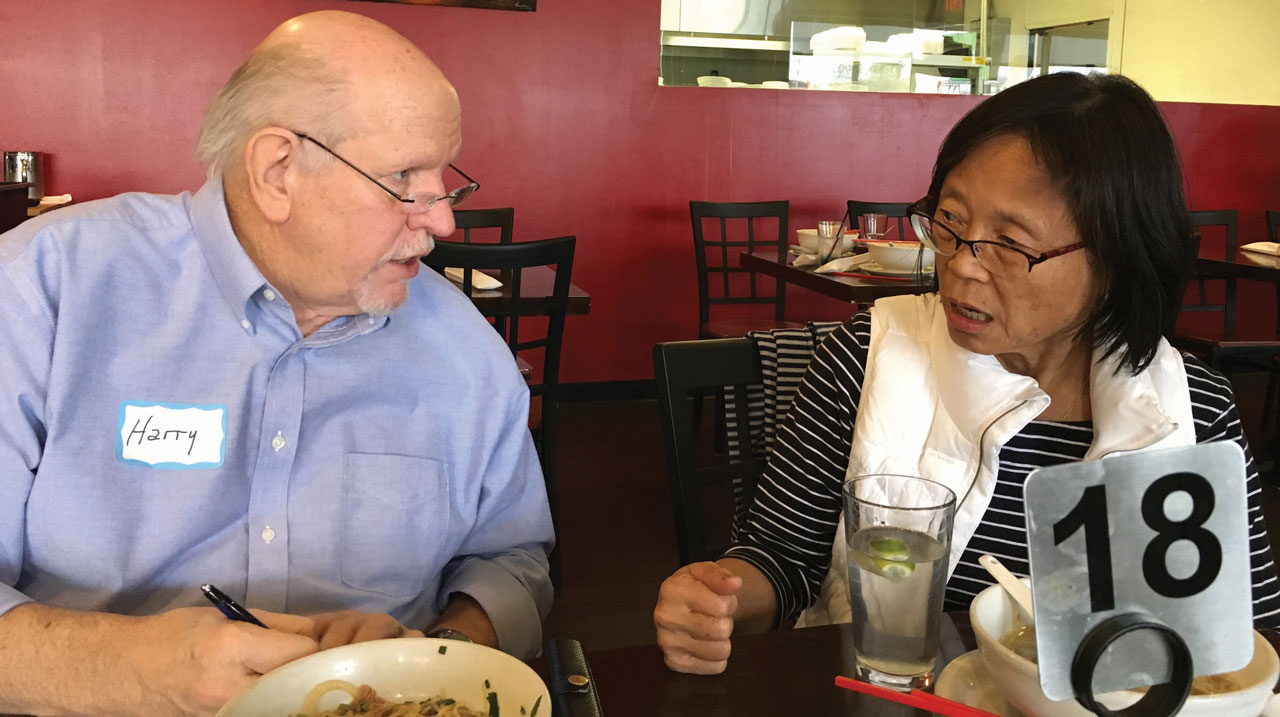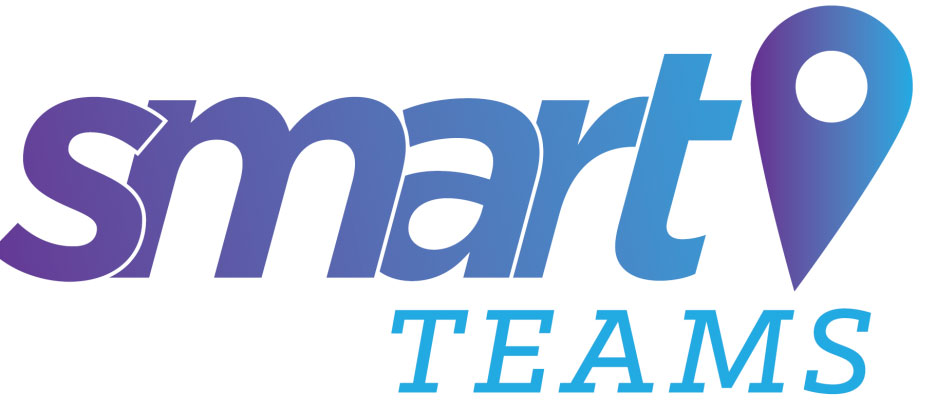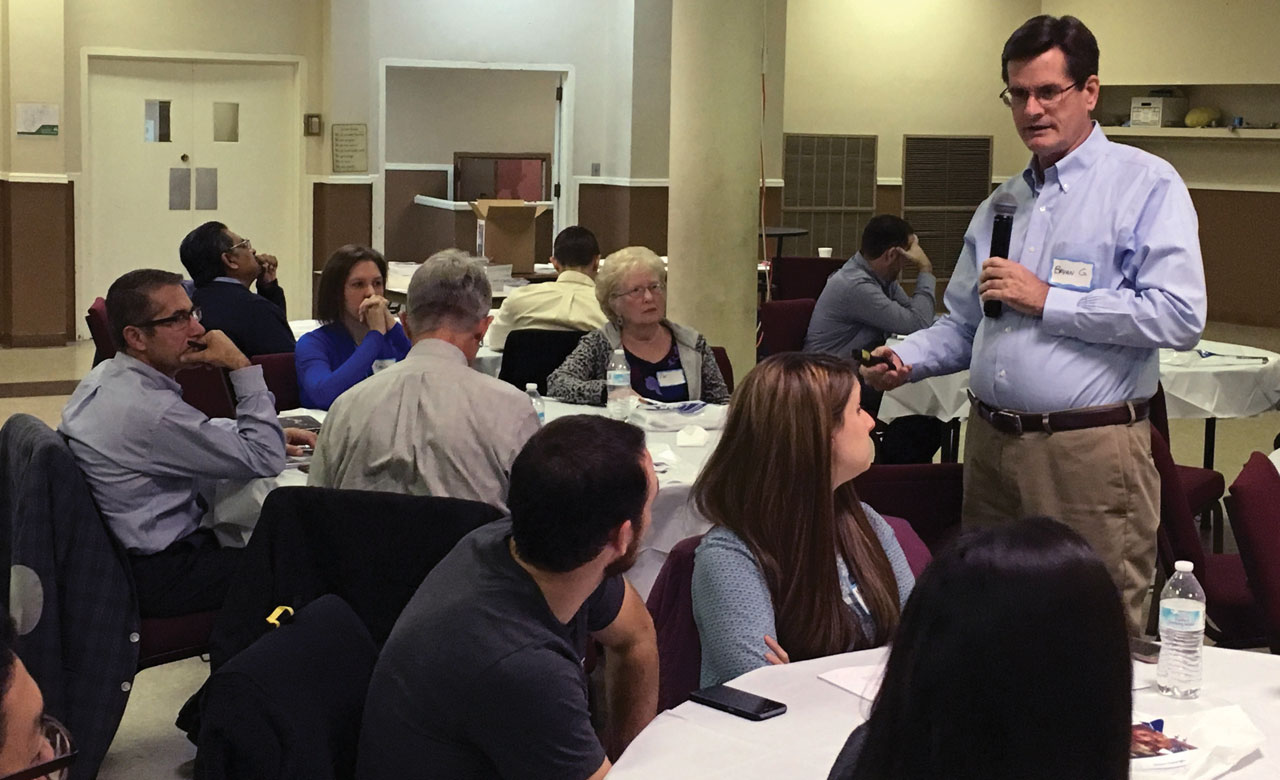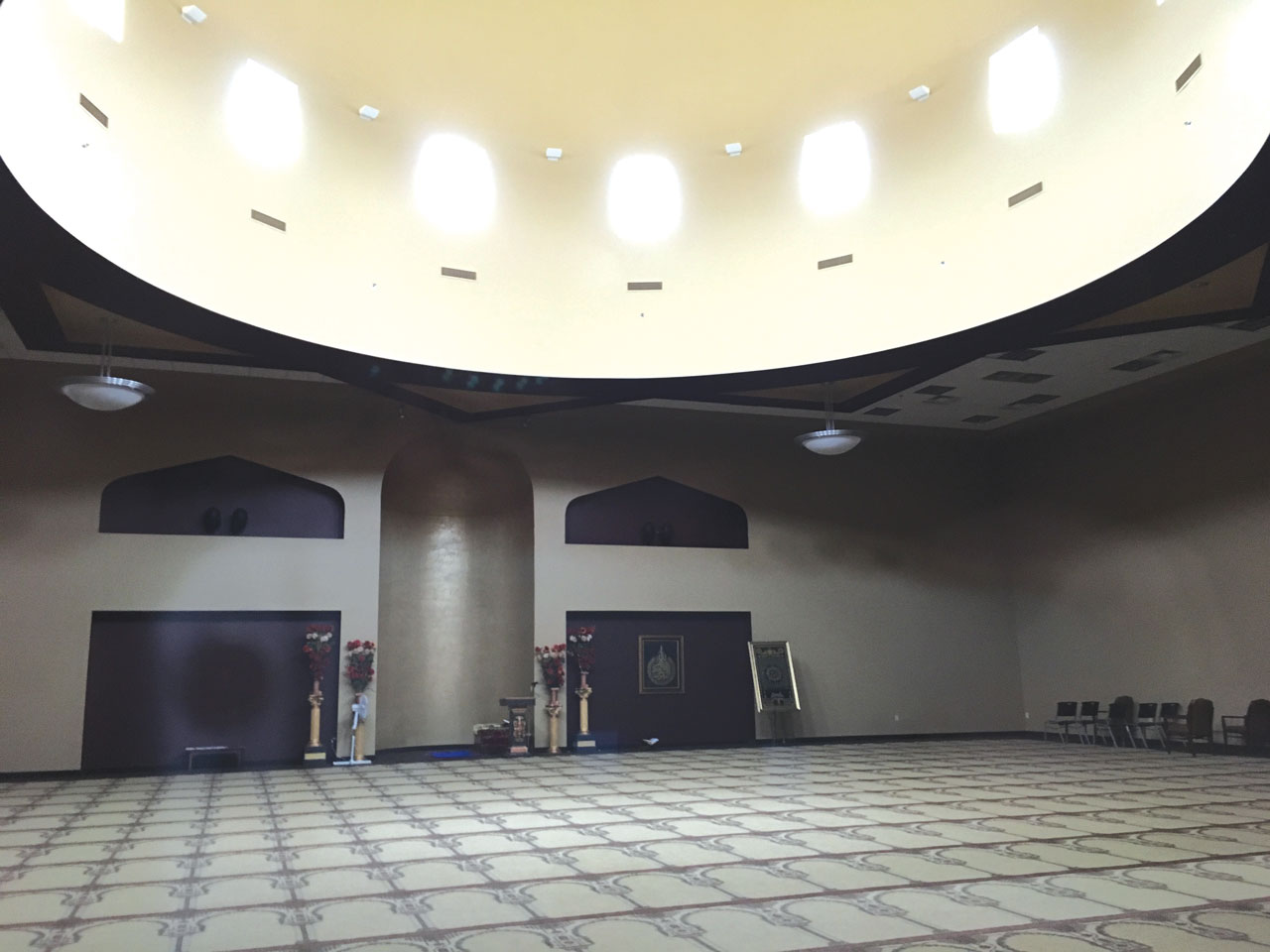Anthony Jordan emphasized the importance of churches connecting with the people who live in their area in his Annual Meeting address, Nov. 13, as the executive director-treasurer of the Baptist General Convention of Oklahoma (BGCO). He specifically addressed the concern of churches located in transitional

Harry Black and Hui Shih participated in a cultural immersion experience, which include eating at a Vietnamese restaurant.
neighborhoods.
“Many of our churches in transitional neighborhoods are dying because they are unwilling to transition,” he said. “If you’re not willing to reach everybody in your neighborhood, no matter what color they are, no matter (where) they come from, no matter what their background is, then you don’t have the right to call yourself a New Testament church.”
The BGCO Church Planting Group wants to help churches and ministries, especially those in transitional neighborhoods. On Nov. 10-11, the group hosted a people group workshop at Oklahoma City, Trinity. The workshop was titled “Revealing the Hidden Harvest,” and its purpose was to “learn the people group research skills missionaries use all over the world, discover how to identify the unreached people groups of Oklahoma and develop a prayer encounter and engagement strategy to reach them.”
 Sessions were led by Bryan Galloway, who is a diaspora people initiative lead for the International Mission Board. Those who attended learned about BGCO SMART teams (Strategic Ministry Area Research Teams) and had the opportunity to work as a SMART team in what was called a cultural immersion experience, dividing into groups of threes and going to the city to learn about different people groups.
Sessions were led by Bryan Galloway, who is a diaspora people initiative lead for the International Mission Board. Those who attended learned about BGCO SMART teams (Strategic Ministry Area Research Teams) and had the opportunity to work as a SMART team in what was called a cultural immersion experience, dividing into groups of threes and going to the city to learn about different people groups.
“We fanned out throughout the city to visit various points of interest,” said Chris Forbes, BGCO church planting strategist, who visited a Vietnamese restaurant to learn more about Vietnamese culture. Forbes teamed up with Harry Black, director of mission in Capital Association, and Hui Shih, a member of Oklahoma City, Northwest.
They also visited the Grand Mosque and were welcomed by the imam, a mosque prayer leader, who allowed them to see a prayer time. The imam also shared about religious and cultural events the Grand Mosque hosts, and he said many different people come as guests during these events.
“Many people would be surprised at how easy it is to have a Gospel conversation with a Muslim,” Forbes said, emphasizing how it will take churches to connect with different cultures in order to be relevant in the future.

Bryan Galloway of the International Mission Board led sessions during a people group information workshop at Oklahoma City, Trinity, Nov. 10-11.
“Cross-cultural experiences like SMART teams or cross-cultural immersion are opportunities to make friends and begin a Gospel conversation,” he said. “It’s going to take more than a couple of encounters to go through the Gospel with a Muslim. It’s going to take like ’40 cups of tea’ that you’re going to have to have if you’re going to have a Gospel conversation, and it will take a trusting relationship.”
Black also enjoyed the immersion experience and plans to connect with the imam again.
“He invited us to come back and enjoy a meal with them,” Black said about the imam at the Grand Mosque and mentioned the imam would discuss culture and religious issues with them. “I intend to have further contact with the imam and see what God will do.”
Forbes explained how helpful points of interest can be in order to connect with different people groups.
“All around Oklahoma, there are restaurants, grocery stores, convenient stores that are staffed by internationals or serve the international community,” he said. “Oklahoma has refugees from 25 countries, and many of these people come from places that are completely closed to the Gospel. What’s lacking is people who are willing to put the time and investment of relationship into making a friend, having those Gospel conversations in a gentle, loving way. Be ready, like the Bible says, to give an answer to those who have questions about the hope that you have without being a person who is trying to pressure someone or prejudge their character based on an assumption you may have learned from a media source.”

he cultural immersion experience also included visiting the Grand Mosque in Oklahoma City, in hopes of reaching Muslims for Christ.
The BGCO Church Planting Group will host future cross-cultural workshops in addition to developing a SMART team manual. The group also will provide demographic information identifying populations surrounding a church.
Forbes used Paul’s experience in Athens, in Acts 17, as an example that churches should use to reach people of different cultures and religious backgrounds. When Paul pointed out the altar for the “Unknown God,” he used this cultural engagement to share about the God of the Scriptures.
“Paul saw an opportunity instead of a threat,” Forbes said. “He saw a bridge where most people saw a barrier. That is the kind of heart Oklahoma Baptists need, and I believe that is the Oklahoma Standard—to love your neighbor as yourself, even if he is of a different religion.”
For more information about BGCO Church Planting Group, visit www.OklahomaChurchPlanting.com.




